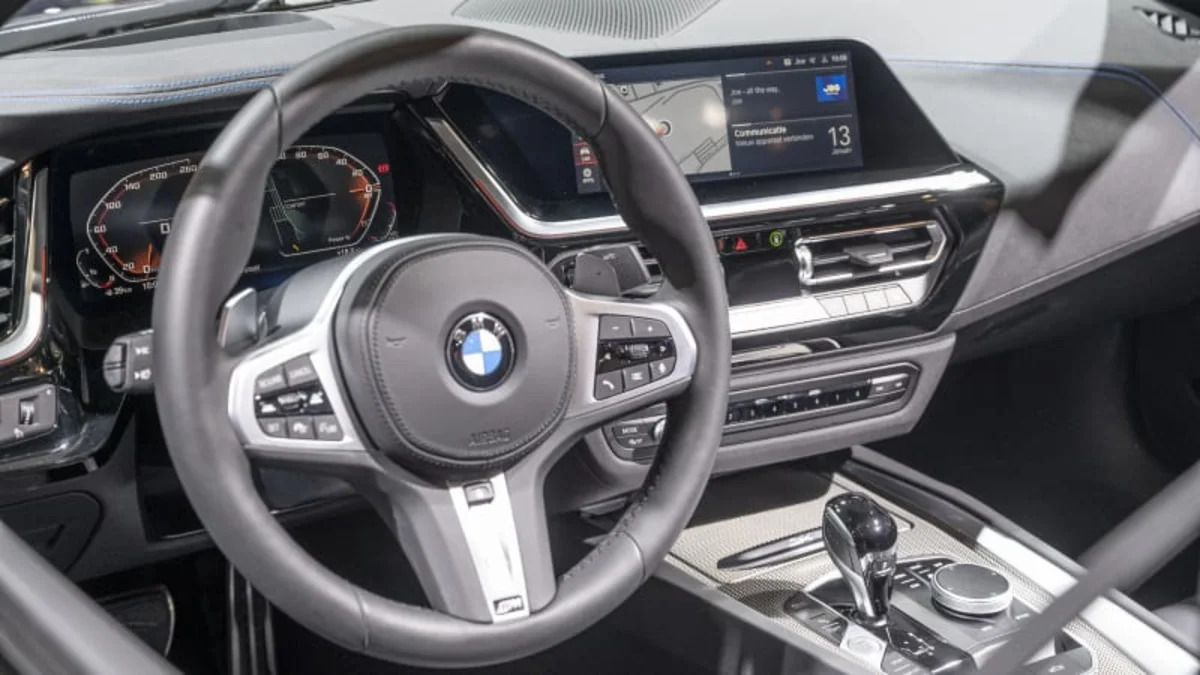The headlines this morning wrote themselves: "BMW feels the heat, stops charging for warming cheeks" ... "BMW's terrible heated seats subscription didn't even make it to a second winter."
That's right, BMW, which maybe should have known better after its infamous attempt to charge money for Apple CarPlay, has had another subscription scheme backfire.
BMW started charging $18 a month, or $180 a year, in a few overseas markets for using heated seats in 2022. Clearly the move did not sit well with the public. The problem, of course, is attempting to charge money ... ongoing in perpetuity ... for a feature that already existed in people's vehicles. Said Peter Nota, BMW's board member in charge of sales and marketing: "People feel that they paid double – which was actually not true, but perception is reality, I always say. So that was the reason we stopped that."
That feeling you're paying double is the heart of the problem with many subscription schemes. It also feels like being nickel-and-dimed, except that $18 is the sum of a lot of nickels.
It doesn't help that heated seats just topped a survey of car buyers' most-sought-after features. BMW might have looked at that sentiment and thought, "People want this, we can make money on this," while consumers instead were thinking, "I so want this, that I'll buy it. In fact I'll buy an entire luxury car from you to get features like this. So stop squeezing me."
Yet while consumers may be enjoying a warm feeling in their tushes from having won this small battle with BMW, they are not going to win the war. Subscriptions have long been a twinkle in the eyes of automakers, as foretold by the big brains at McKinsey over the years (though even they say that only 15% of consumers are "very interested" in paying subscriptions). GM CEO Mary Barra has long discussed selling the "software defined vehicle." GM and many others dream of a steady stream of money coming in off your credit card each month. Thanks, Netflix and Hulu.
A survey last year by Cox Automotive said that 75% of potential buyers don't want to pay these ongoing charges. (The sample size of that study is strangely small, though the result fits what you might expect.) That study also said that 92% thought that heated seats should exempt from monthly charges, the handwriting on BMW's wall. Of the 25% who said they might be willing to pay extra, it was for features like advanced safety systems or vehicle performance upgrades.
A survey by S&P Global Mobility, on the other hand, said that 82% of us would pay, or consider paying, subscription services on a new vehicle — at least, if they're allowed to sample the features first with a free trial period. That's quite a wildly different finding, which might be explained by the "consider" language. Consider it? Sure. Actually pay when it comes down to that? Well ...
Automakers will surely have better luck trying to charge for features that don't feel so much like a basic human right ... such as, being warm. Barra called it on this one. She predicted awhile back that consumers will pay for "above and beyond" tech, but decidedly not for basic functionality like heated seats. Ford is now charging customers $800 a year to use BlueCruise, while GM's Super Cruise is $250. By no one's measure is the ability to cruise hands-free on the highway a right. That's pure luxury, gee-whiz stuff. If someone wants to pay for a luxury, it's hard to begrudge that. Plus, you're paying for an ever-evolving, updated service as Ford and GM keep current the data that underpins the feature. Ford says it has 200,000 customers paying for BlueCruise. GM is going to be offering dozens of features, largely involving its infotainment system, and calls them "value added," which also sounds like they could be fun but of secondary or tertiary importance to daily driving.
Automakers envision making billions off all this. These are early days for subscriptions, some will fly and some won't, but you'll likely be confronted with making subscription choices on your next new car. GM expects to make $20 billion to $25 billion a year in software and subscriptions revenue. But despite Barra's prescience regarding features like heated seats, the company is killing off access to Apple CarPlay to back its bet, as in: Why link to this free third-party service when there's money to be made selling features of our own? It's a break from the free CarPlay standard across the rest of the industry, it has GM's dealers worried, and it certainly contains echoes BMW's original CarPlay subscription blunder. Will it go down in flames the way the BMW heated seat charge just did?


Sign in to post
Please sign in to leave a comment.
Continue